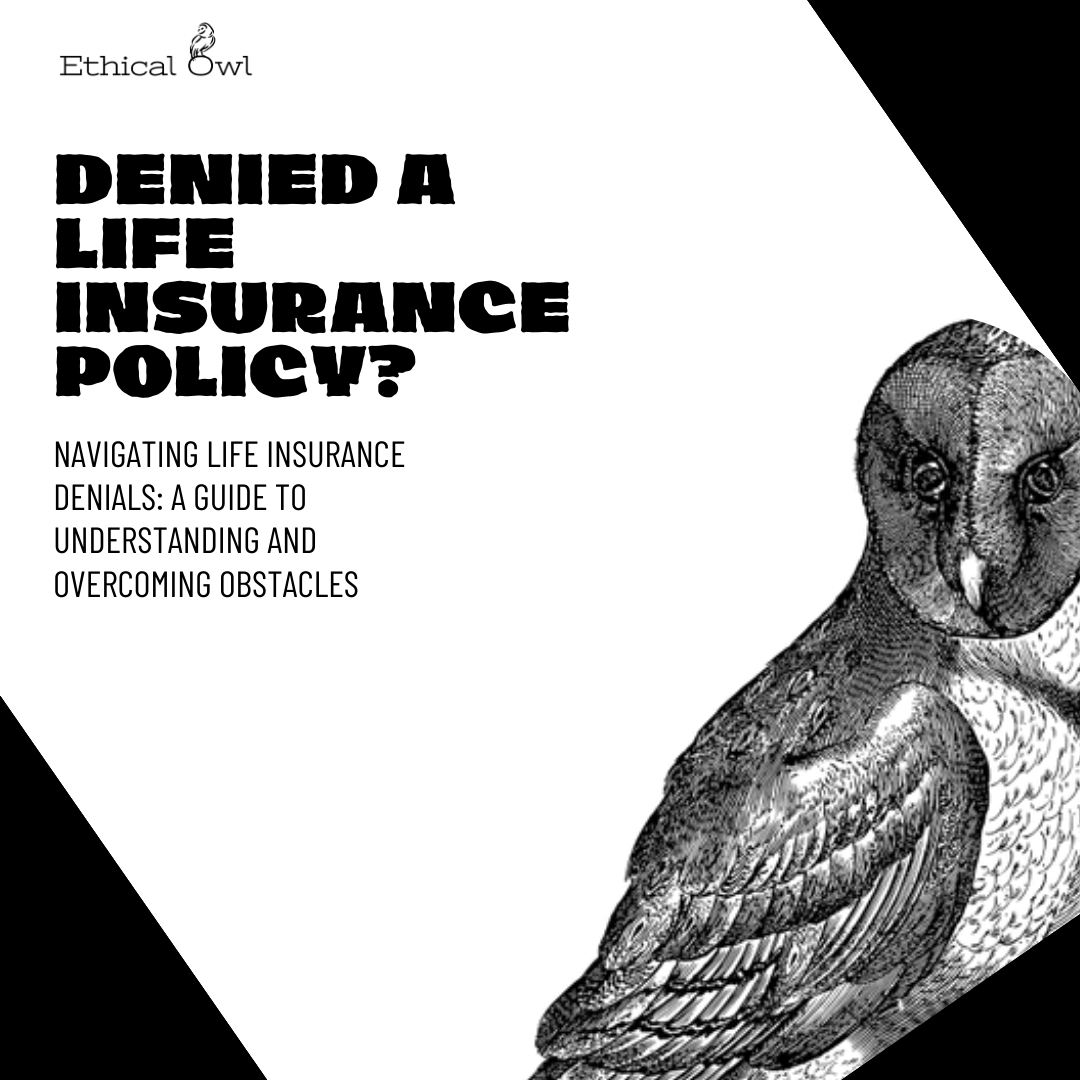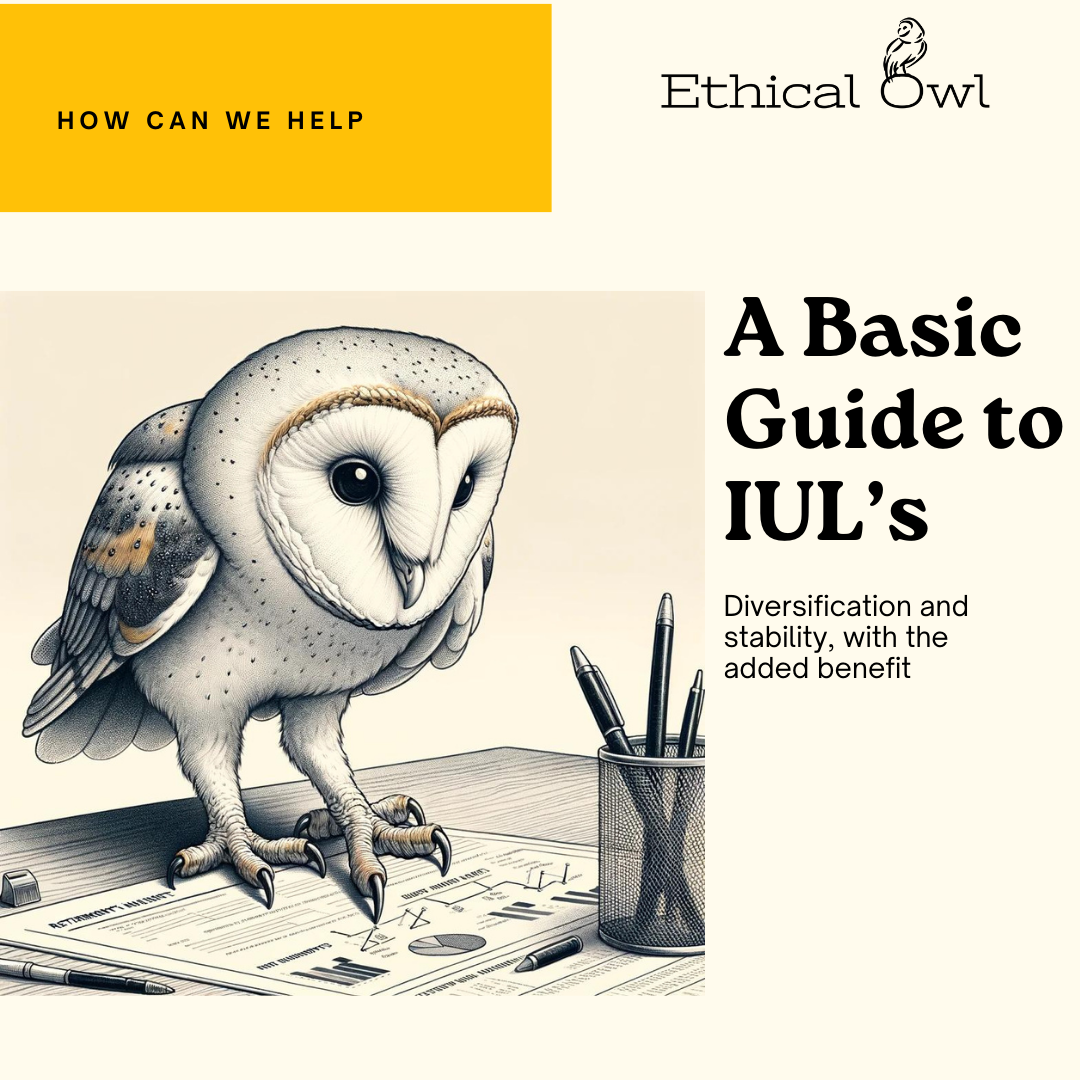Navigating Life Insurance Denials: A Guide to Understanding and Overcoming Obstacles
Life insurance is a cornerstone of financial planning, offering peace of mind that your loved ones will be taken care of in your absence. But what happens when your application for life insurance is denied? It’s a setback, but not the end of the road. Understanding why your application was denied and exploring your options can put you back on the path to securing the coverage you need.
Understanding Denials
A denial from one insurer doesn’t mean all doors are closed. Life insurance companies have varied guidelines for assessing risk, so it’s possible another insurer might view your application more favorably.
Common Reasons for Denial
- Health Issues: Pre-existing conditions like diabetes or heart disease can lead to denials. However, demonstrating management of your condition through treatment can improve your chances.
- Age: Life insurance becomes more expensive and harder to obtain as you age, with limited options available after 80.
- Occupation and Lifestyle: High-risk jobs or hobbies can affect your insurability. Disclose these honestly to find the best rates and coverage.
- Financial Stability: Insurers consider your financial situation, including income, debt, and credit history, to ensure the policy is affordable for you.
- Criminal and Driving Records: A history of violations can increase your perceived risk to insurers.
What to Do After a Denial
- Request a Detailed Explanation: Insurers must provide reasons for denial. Understanding these can help you address the issues.
- Explore Alternative Policies: Consider final expense, guaranteed issue, AD&D, or group life insurance as possible alternatives.
- Appeal or Reapply: If you believe the denial was in error, you can appeal. Alternatively, improving your situation or waiting can make reapplication more successful.
Applying After Denial
Disclosing a previous denial is mandatory when reapplying. Be prepared to explain any changes or corrections to your situation. Consulting with a licensed insurance agent can provide insight and increase your chances of approval.
Reapplying vs. Trying a New Insurer
Reapplying with the same company might make sense if your situation has improved. However, applying with a new insurer could yield different results, as underwriting criteria vary.
Alternatives to Traditional Life Insurance
If standard policies are out of reach, consider self-funding, employer-sponsored plans, guaranteed coverage plans, or annuities with long-term care riders. These can provide some level of financial protection for your loved ones.
Special Considerations for High-Risk Applicants
From managing chronic conditions and quitting smoking to addressing financial stability and legal issues, taking proactive steps can improve your insurability and lead to successful coverage.
Health Improvements for Better Qualification
Adopting a healthier lifestyle, managing chronic conditions, quitting smoking, and staying current with preventative care can all positively impact your life insurance application.
Additional Resources
Leveraging resources like the American Council of Life Insurers, Better Business Bureau, and National Association of Insurance Commissioners can provide valuable information and support in your quest for life insurance.
Conclusion
Being denied life insurance can be disheartening, but it’s not the final word. By understanding the reasons behind the denial and exploring your options, you can find a path to the coverage you need. Whether through appealing, reapplying, or considering alternative policies, persistence and informed decision-making can lead to a successful outcome. Remember, life insurance is about securing your family’s future, and exploring all avenues to achieve this goal is worth the effort.



